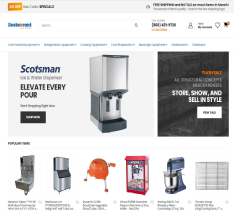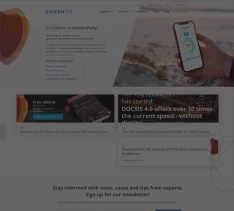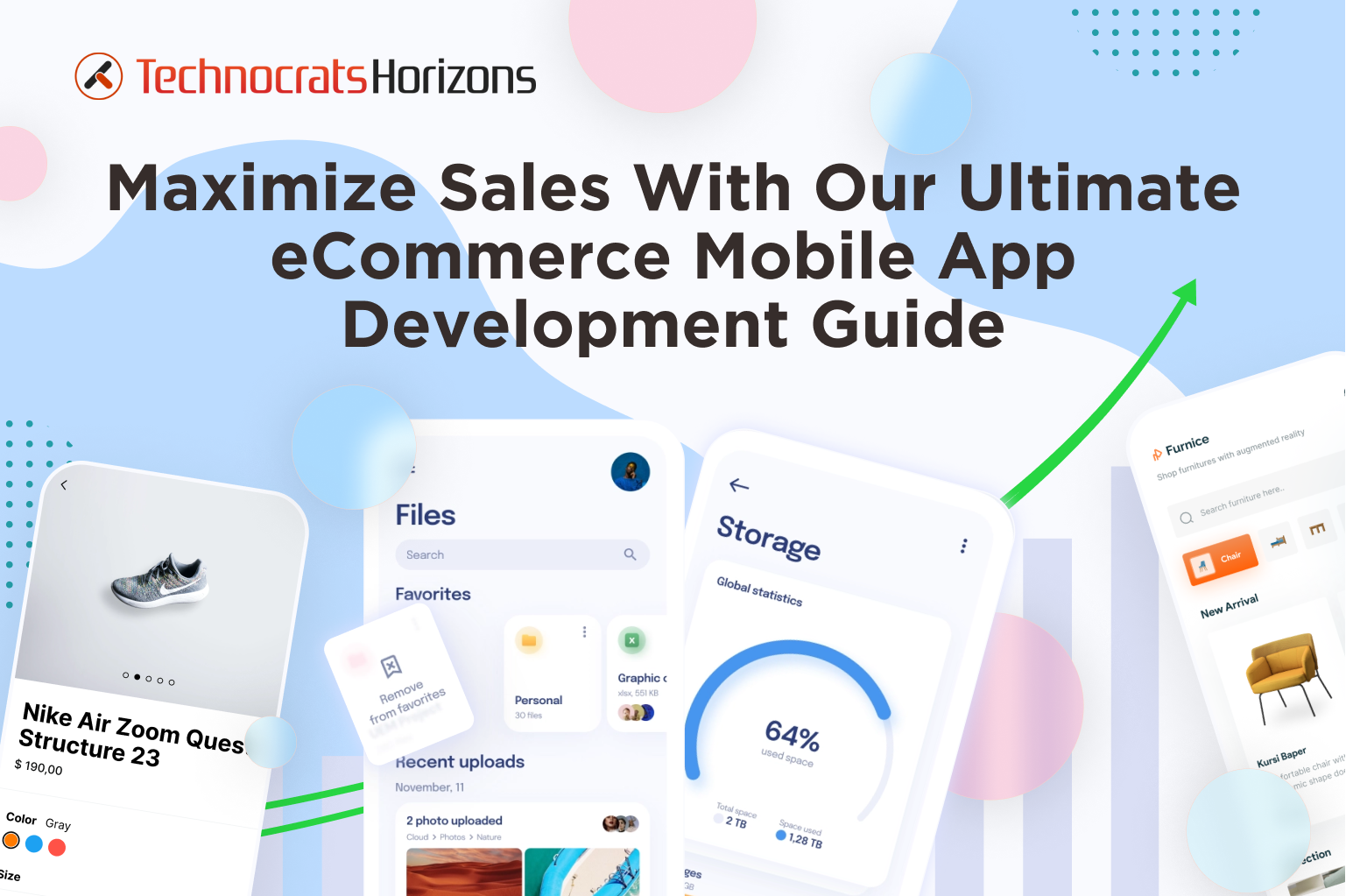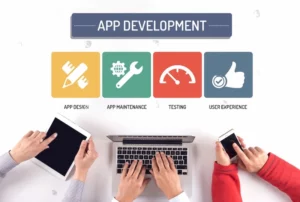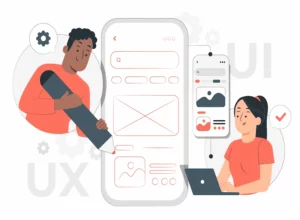Are you sick of browsing countless websites on your computer in search of the perfect product? If you could just pull out your phone and start buying, wouldn’t that be simpler? To make buying easier and more accessible than ever before, start your eCommerce mobile app development journey today.
Given the intense competition in the market, having an eCommerce mobile app alone won’t guarantee success. Users want apps that are not just simple to use but also interesting and memorable in today’s digital world.
The eCommerce market has grown from $1.5 Trillion in 2015 to $5.9 Trillion in 2023 and still shows a lot of growth potential.
That’s why you need eCommerce mobile app development to build a market-winning app. Design your eCommerce app with consideration by putting your customer’s needs, tastes, and habits on top, and rest assured that it will stand out from the competition.
In this blog post, we’ll walk you through the process of developing a highly engaging and user-friendly eCommerce mobile app. We’ll look at the reasons your business needs eCommerce mobile app development, the essential features your mobile app needs to have, and the most prominent examples of successful eCommerce apps. But that’s not all, this blog post will also discuss the stages of eCommerce app development.
Reasons You Need an eCommerce Mobile App
An e-commerce mobile application, as its name suggests, is a digital product designed to improve the mobile buying experience.
According to Statista, more than 187 million US smartphone users are anticipated to make purchases using their mobile devices by 2024.
40% of customers still prefer mobile apps for e-commerce, which is still a significant number that is steadily increasing. If you don’t adapt and draw in customers, your brand will be overshadowed by more aggressive rivals. Whether you are a retailer, eCommerce website owner, or a startup owner, here are the major reasons why building an eCommerce app is good for your business:
-
Easy Access
Customers today demand global products and they want them fast. If you have an app for your business, customers can make purchases from you whenever they want without having to go to your actual store. Customers can save a lot of time, effort, and money by using mobile apps.
According to statistics, almost 49% of people use smartphones to look up products and compare prices.
People use their mobile phones for searching almost everything. So, having a website is insufficient, you need your own eCommerce mobile app. Retailers must invest in mobile app development to make it easier for customers to find them through apps.
-
Personalized Experience
What attracts your customers the most? When you give them exactly what they need! Giving clients a personalized experience allows them easy access to their desired products without any hassle. Mobile applications enable you to track consumer browsing and purchases while allowing you to interact personally with your target audience. This advantage empowers you with the ability to give personalized recommendations to your clients which leads to higher sales and conversion rates.
-
Attract the Next Generation
If you are still relying on outdated technologies, it is challenging to connect with the next generation of people. The younger generation prefers using mobile devices over PCs. A mobile device is a complete device for browsing and making online purchases. Therefore, mobile apps have become a must-have for eCommerce businesses to interact with potential customers.
-
Convenient Post-Sale Services
Customer happiness is one of the top goals of every eCommerce store. Happier the customer, the higher the profits. Mobile apps provide considerable consumer transparency to your customers. With its assistance, you can obtain customer feedback quickly and fix your issues. This improves user experience and eliminates inconveniences as soon as possible to prevent breakdowns in the future.
-
Enhanced Consumer Credibility
Mobile apps enable personalization, a better user experience, and simple access. You can stay in continuous contact with your clients via mobile apps, even if they are traveling. Deliver smartphone push notifications to customers about your new products and upcoming sales. Mobile apps can assist you in building customer loyalty and gaining dedicated clients who have downloaded your app on their smartphones and are familiar with your brand.
-
Increase in conversion rates
Add interactivity to your eCommerce Mobile apps with features like social media and product videos. Apps are far more accessible and easy to use than eCommerce websites, hence the chances to convert visitors into customers are amplified if you choose apps. You can influence clients to buy from you by offering product recommendations and testimonials through mobile apps.
Ready to take your retail business to next level? Let's Discuss Now!!
Must-have Features for Your eCommerce Mobile App
There are some essential features your eCommerce app needs to become marketable. But is that enough? Although advanced features are optional, they can make your eCommerce app stand out. Have a look at these essential but advanced features to build a powerful eCommerce mobile app:
-
Streamlined Registration Process
A complicated and multi-step registration process can be frustrating for users. To simplify the onboarding process, consider allowing users to register using their email (such as Gmail) or social media accounts (like Facebook or Twitter). A simpler registration process makes online shopping more accessible, leading to increased sales.
-
Advanced In-App Search Engine
An effective search engine is an essential feature for any eCommerce business. With hundreds or even thousands of products, a well-functioning search engine is critical for mobile users to find what they are looking for.
-
Voice Recognition System
The use of voice recognition software in eCommerce is growing rapidly, and it is expected to continue to expand in the coming years. Last year, eCommerce transactions through voice assistants worldwide amounted to $4.6 billion, and it is projected to reach $19.4 billion by 2023. This feature can make voice search more convenient, speed up and facilitate the purchasing process, and enhance the overall customer experience.
-
Augmented Reality (AR) Solutions
AR technology detects elements in images or videos to generate interactive simulations of the real world. This technology can be a game-changer for eCommerce. Consider implementing AR solutions in your eCommerce app to gain a competitive edge and take customer experience to the next level. By enabling users to view products and see how they will look in real life, AR can enhance the customer experience and increase engagement. -
Personalized Product Recommendations
According to Think With Google, 63% of smartphone users said they choose those apps that provide relevant recommendations.
By collecting and analyzing user data, eCommerce businesses can provide personalized product recommendations tailored to each user. This approach can increase revenue and encourage customers to purchase more products or engage with personalized marketing campaigns.
-
Social Media Integration
Integrating social media platforms into an eCommerce app can increase brand awareness and reach potential customers who may not have discovered the products or services otherwise. By allowing customers to share their purchases through their social media accounts, businesses can engage with their customers more personally and amplify their reach.
-
Chatbots
As per stats, responsive customer support leads to growth in revenue by 4-8%.
Therefore, incorporating a chatbot in your eCommerce mobile app would be a wise choice. Using natural language processing, chatbots can assist customers throughout their entire customer journey, reducing the time and effort required for customer support.
Thanks to the data processing capabilities of AI and ML algorithms, chatbots can learn quickly about customers and anticipate their needs, providing a personalized shopping experience.
-
Secure In-App Payments
Secure payment options that are fully verified and safe without the risk of payment data leakage are crucial to ensure a hassle-free and secure purchasing experience. Offering multiple payment options can also improve the customer experience and streamline the purchasing process. -
Omnichannel Shopping Experience
According to McKinsey, the omnichannel strategy has become central to retail practices with 60-70% of US consumers researching and purchasing both in-store and online.
In 2023, mobile commerce app development will integrate seamlessly into a unified customer experience that blends physical and online channels to engage shoppers.
Build a Feature-packed eCommerce App With Us! Let's Discuss Your Idea!!
How to Build an eCommerce Mobile App in 2023
The most exciting part of this app development guide is about to start — a summary of the essential stages to build a fantastic e-commerce app that could generate high revenue for your business.
Did you know that 64% of smartphone users are shopping on eCommerce mobile apps? This is why you need to invest in eCommerce mobile app development right now. Here are the key stages of eCommerce mobile app development:
-
Step 1: Define Your Business Goals
The first and most important stage of eCommerce mobile app development is defining your business’s goals. You must be aware of the goals for your app before you can begin designing and developing it.
Knowing what you want to achieve will help you decide what features to add to your app and how to make it user-friendly.- Start by asking yourself some questions before defining your business objectives.
- What problems are you trying to solve with your app?
- Who is your target audience?
- What do they want from your app?
- How will your app differentiate you from your competitors?
- Do you want to improve customer engagement, boost sales, or streamline your company’s operations?
-
Step 2: Choose the Right Platform
Your eCommerce app’s success depends on the platform you choose. You have a choice of platforms, including web-based, iOS, and Android. You should choose the platform that meets your company’s demands in the best way because all of the platforms have their advantages and downsides.
Assess your target market, the features you wish to incorporate, and your budget while selecting the platform. For instance, it could be advisable to select the platform that your target audience is most likely to use if you are targeting a specific demographic. if you wish to add sophisticated features like augmented/virtual reality then it would be wise to select a platform that supports it. Furthermore, keep in mind that some platforms are more expensive than others while selecting one.
-
Step 3: Select an eCommerce Mobile App Development Framework
After deciding on a platform, you must choose an app development framework that is compatible with that platform. The framework you choose will impact your application’s performance, stability, and scalability.
React Native, Flutter, and Xamarin are the most widely used frameworks for developing mobile applications. With JavaScript and React, you can create native apps thanks to the React Native framework.Using the same codebase, you can create apps for iOS and Android with the Flutter framework. With C# and .NET, you can create native apps for iOS, Android, and Windows using the Xamarin framework. When selecting an app development framework, consider your development team’s skillset, the scalability of the framework, and its compatibility with your chosen platform.
-
Step 4: Design the User Interface
The user interface (UI) is the face of your eCommerce mobile app. It has an impact on how users interact with your app and how they view your brand. Your user interface (UI) needs to be logical, simple to use, and visually appealing. With tools like Sketch or Figma, you can create a design that looks professional, aesthetically pleasing, and captivating for your customers.Incorporating features like double tapping and pinching to zoom in on pictures in your user interface puts your app in the 60% dominating eCommerce apps category.
For UI UX design, consider your target audience’s needs, features you want to add, and your company’s overall branding. Create a cohesive and eye-catching design by combining signature colors, text, and images. Pay attention to the placement of buttons and ensure your app is easy to use. -
Step 5: Develop Your App
The development stage is essentially putting all your theories and wireframing into practice. It’s crucial to be focused and patient throughout this process because it can take some time. If you want to develop your app and make sure it satisfies your online retail business needs and specifications, the right course would be to pay considerable attention to all previous stages.
Developing an MVP could make a daylight difference in the quality of your app. Release a test or beta version with only the core features in the market to validate your idea. If it works, make refinements and addition to complete the development process.
-
Step 6: Integrate Payment Gateways and Security Features
Imagine offering just one or two payment options in your app, the customers will abandon their carts in a blink! Make sure your app is integrated with a trustworthy, secure payment gateway that accepts a variety of payment methods. This will simplify online payments for your clients and build trust in your business
PayPal, Stripe, and Square are one of the most well-known payment processors. Also, make sure your app has the latest security mechanisms such as SSL encryption, two-factor authentication, and fraud prevention techniques. -
Step 7: Test Your App
Nothing could leave a worse impression than your customers reporting bugs in your mobile app. Therefore, testing will help you find any flaws or problems and repair them before your app hits the market. Once your app is developed and integrated with payment gateways and security features, it’s time to test your app.
Consider conducting user testing to get feedback from your target audience. This will help you identify any usability issues or areas for improvement. You should also test your app on different devices and operating systems to ensure that it works well across different platforms.
-
Step 8: Launch Your App
Effective marketing is required for the launch of an eCommerce app. You must advertise your app and get users to download and utilize it. To advertise your apps, think about utilizing a variety of strategies, including paid advertising, influencer marketing, social media, and email marketing.
Create engaging and educational content, like blog posts, videos, and infographics, to emphasize the features and benefits of your app. As a result, customers will feel more confident in your business which will encourage them to download and use your app.
-
Step 9: Monitor and Improve Your App
Finally, it’s critical to monitor your app’s performance and make modifications after its release and is being used by customers. Use analytics tools to monitor user activity and spot potential improvement areas.
You can remain ahead of the competition and give your clients the finest user experience by regularly upgrading and improving your app.
Beat the competition with a dynamic eCommerce app? Book a Free Demo!!
How Much eCommerce Mobile App Development Costs in 2023
First off, the best way to build your app is to choose the agile development process. This implies that you don’t spend a sizable sum all at once for the entire app. The agile methodology suggests breaking up the entire eCommerce application development process into manageable sprints. Each sprint has a set pricing and after each spring you get the fully functional part of your app.
The cost of developing an eCommerce mobile app depends upon many factors but the features you choose are the biggest deciding factor, especially the advanced ones. Have a look at the below chart to get an idea about how much these advanced features can cost you:
Broadly speaking, eCommerce mobile app development for your business could cost you anywhere between $5,000 to $25,000.
Most Successful Examples of eCommerce Mobile App Development
These are a few eCommerce apps that are nothing short of outstanding, from personalization to enhancing user experience, they have it all. Get ready to be inspired!
-
Amazon
No list of popular shopping apps would be complete without Amazon. Originally launched as an online bookstore, it now provides a wonderful shopping experience through a computer browser and a mobile app. It is currently the most downloaded app worldwide in the Shopping category of the Apple App Store.
Amazon is the most successful mobile commerce platform with almost 30 million downloads. It is one of the most comprehensive digital libraries for products in the world and is accessible in a wide range of languages. Amazon’s merchandise database boasts many categories and subcategories. Many helpful subcategories have been created, to help users choose the subcategories that would best aid them in finding what they are looking for. -
Walmart
Walmart’s eCommerce strategy started to pay off in 2019. Walmart has made some of the most successful alliances and acquisitions which helped them engage and attract new customers but its collaboration with Google remains the most successful.
Walmart’s eCommerce app became one with the most downloads in the US App Store. To satisfy customer requests and highlight the advantages of Walmart’s mobile applications, the retail giant updates its mobile apps regularly.
-
Adidas
Adidas is the biggest sportswear producer in Europe and has got its own official eCommerce app to reach its sales targets. Its app makes use of AI to learn more about its customers. It is highly adaptive and designed to provide clients with highly customized content they truly want to see.
The app’s layout is quite straightforward, making it easy to navigate the sites, and the checkout process is simple and hassle-free. Adidas was able to establish its own profitable distribution channel which turned out to be a win-win situation for everyone involved.
Conclusion
Given the rise of the mobile sector, it is essentially required for e-commerce businesses to invest in e-commerce mobile app development.
Modern customers prefer mobile applications to e-commerce websites. Investing in mobile apps can boost brand recognition, increase sales and revenue, enhance marketing channels, increase client retention, and deliver a much more personalized experience.
If you don’t deploy mobile apps for your eCommerce store, you’ll undoubtedly lag behind your rivals in terms of productivity and revenue.
In conclusion, don’t hesitate to get in touch with Technocrats Horizons if you’re looking for a reputable software development company with a sterling record. We’ll work with you to determine the key features your app needs, estimate the cost of developing the app, and create an app that will indubitably increase your revenue!
Win your customers with eCommerce development services! Let's Discuss Now!!
Struggling with generic eCommerce platforms?
Get a custom solution built just for your business model.


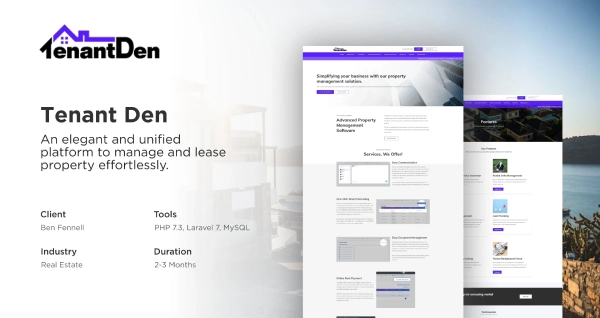


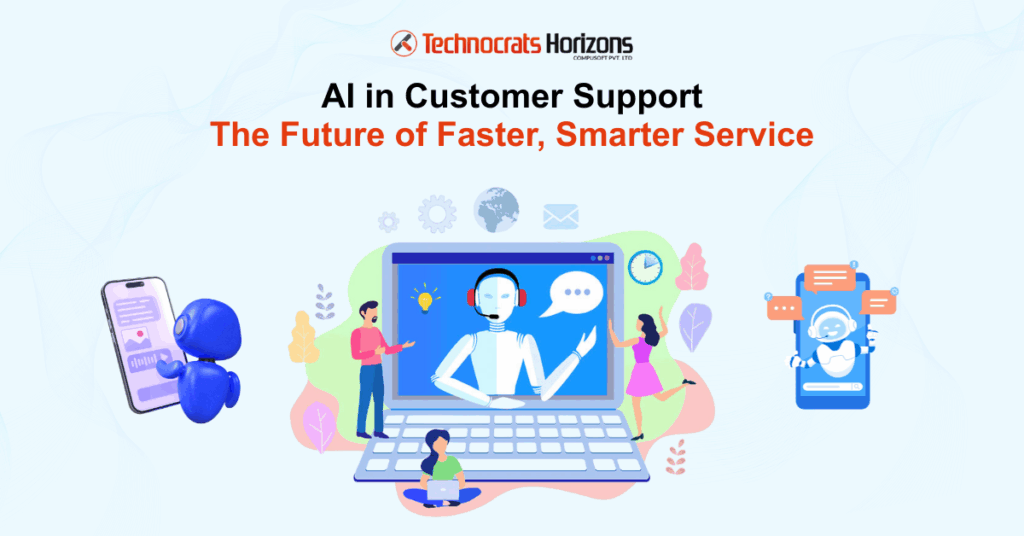




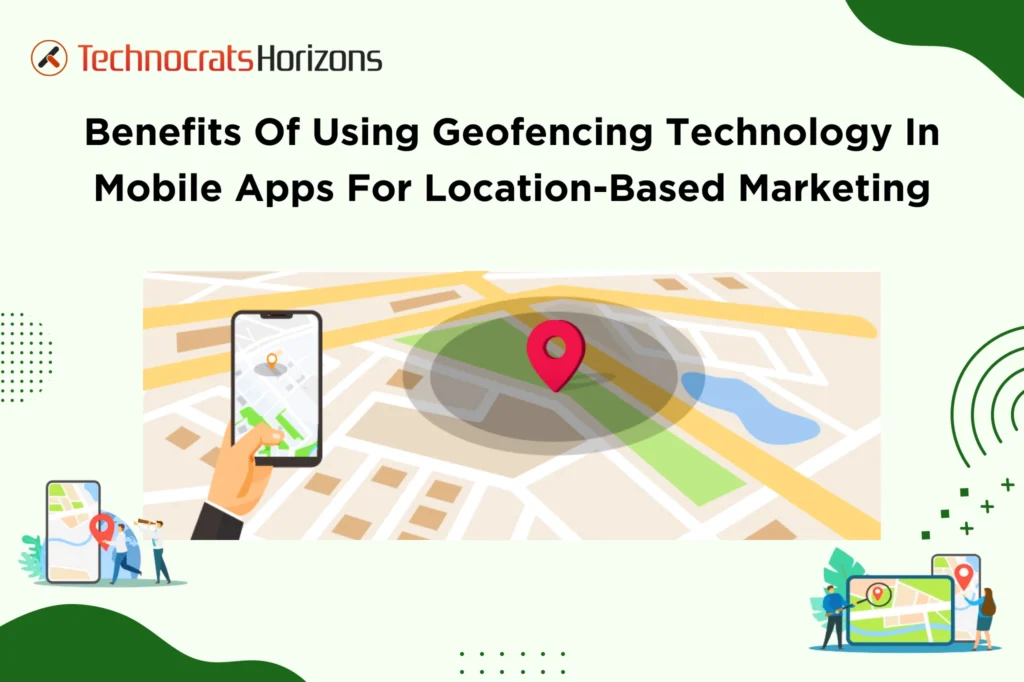
 Request a
Request a













